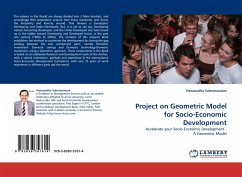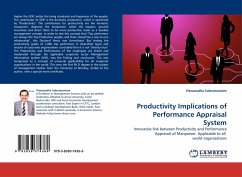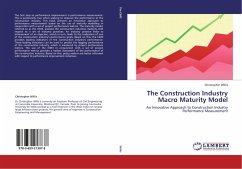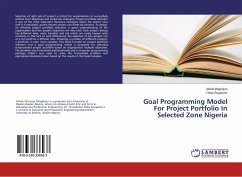Productivity index is considered as a ratio of quamtum output per input. But in the current millennium, with many leaps and advances in the techno-commercial infrastructure, Productivity has enlarged its scope and contribution. This is by its link to the Management decisions and its contribution to innovation and Socio-Economic Development (SED). Hence Productivity needs a redefinition to measure the quantum units and the associated management decisions with reference to SED. This should also cover intangible (Non- quantifiable)factors in the Management decision process. Hence Productivity is redefined as the Ratio of SED output units, per input and output quantum and input and output management decision units. This keeps the quantum output per input unit as a peripheral guideline. Algebra is used as a mathematical base do derive and direct this redefinition and its utility. The Management feedback on this revision proves its practicality and broad-based use.








